No Melange, No Life
A Journey Through DUNE by Frank Herbert
- An Introduction to the Sands of Arrakis
- The Allure of Arrakis: More Than Just Sandworms
- A Deep Dive into the Human Condition: Unpacking Dune’s Themes
- Science Fiction’s Enduring Themes: DUNE in Context
- DUNE’s Philosophy in Your Daily Life
- Organisations and the Spice of Innovation
- The Winds of Change: Latest on DUNE
- A Personal Reflection on the Sands of Time
Hello there, dear readers. It’s Sophia Aria here, nestled comfortably in Abiko, Chiba, though my heart often wanders back to the gentle hills of the Cotswolds. Today, I wish to share a rather profound journey with you, one that takes us to the arid, yet endlessly fascinating, world of Arrakis. We’re embarking on an exploration of Frank Herbert’s seminal work, the DUNE Series. Oh, what a splendid, intricate tapestry of a universe it is!
This article explores the philosophical, ecological, and existential depths of Frank Herbert’s DUNE Series, with reflections grounded in mindful living.
- Dune <https://amzn.to/4lNyRxS>
- Dune 2 <https://amzn.to/4mhJtVH>
- Kindle Books <https://amzn.to/4o7e4qH>
An Introduction to the Sands of Arrakis
The DUNE Series by Frank Herbert is far more than just a collection of science fiction novels; it’s a sprawling saga of ecological warning, political intrigue, religious fervour, and human evolution. At its heart lies the desert planet Arrakis, the sole source of “melange,” or “the spice” – a substance vital for interstellar travel, extended life, and heightened consciousness. Without it, the universe as known would simply grind to a halt. One might even say, “No Melange, No Life.”
My own first encounter with Dune was quite some time ago, and I confess, it wasn’t love at first sight. The sheer depth, the unfamiliar terms, the vast political landscape… it was rather overwhelming. However, with patience, like a desert bloom waiting for water, its true beauty unfolded. It became a profound experience, prompting a great deal of quiet contemplation on the nature of power, prophecy, and our place within the grand design of existence.
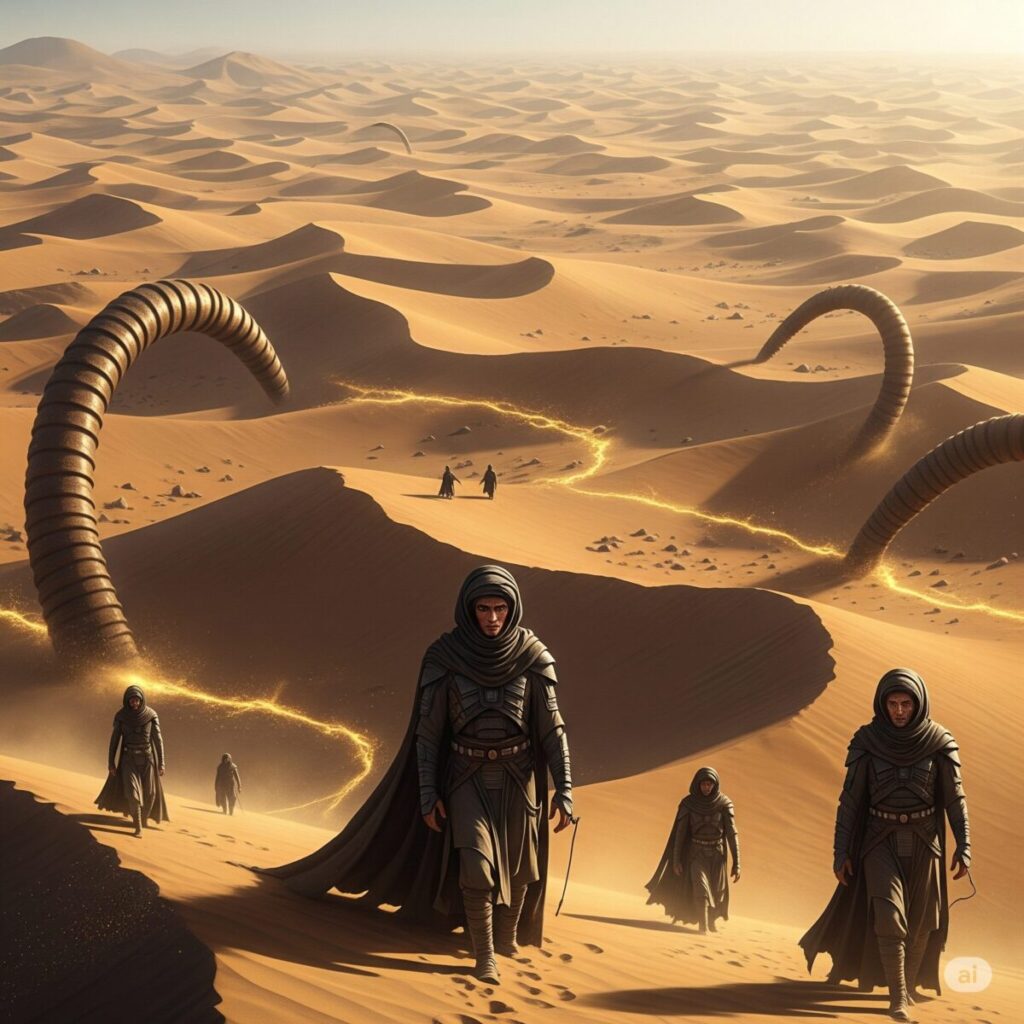
The Allure of Arrakis: More Than Just Sandworms
What truly gives the DUNE Series its irresistible charm? Well, where does one even begin? It’s a masterclass in world-building, truly. Frank Herbert didn’t just create a planet; he crafted an entire ecosystem, a complex society with its own languages, customs, and deep-seated beliefs.
- The Sandworms: Enormous, terrifying, yet utterly majestic, these creatures are integral to the ecology of Arrakis and the production of the spice. They embody the raw, untamed power of nature, a force humanity grapples with, often to its peril. They are a stark reminder that we are but small specks in a vast, powerful universe.
- The Spice (Melange): This isn’t just a plot device; it’s a central philosophical element. It represents addiction, control, enlightenment, and ultimately, liberation. The struggle for its control drives empires, but its true power lies in its ability to expand human consciousness, allowing for prescience and a deeper understanding of the universe.
- Ecological Foresight: Long before environmentalism was a mainstream concern, Herbert wove a cautionary tale about humanity’s impact on nature and the delicate balance of ecosystems. The Fremen’s dream of terraforming Arrakis is a poignant reflection of our own aspirations and follies on Earth.
If I were to apply the Dune philosophy to my own life, it would be to embrace the ‘desert power’ of resilience. Much like the Fremen, we often find ourselves navigating harsh realities, yet it is through adaptability and a deep understanding of our environment that we can not only survive but thrive.
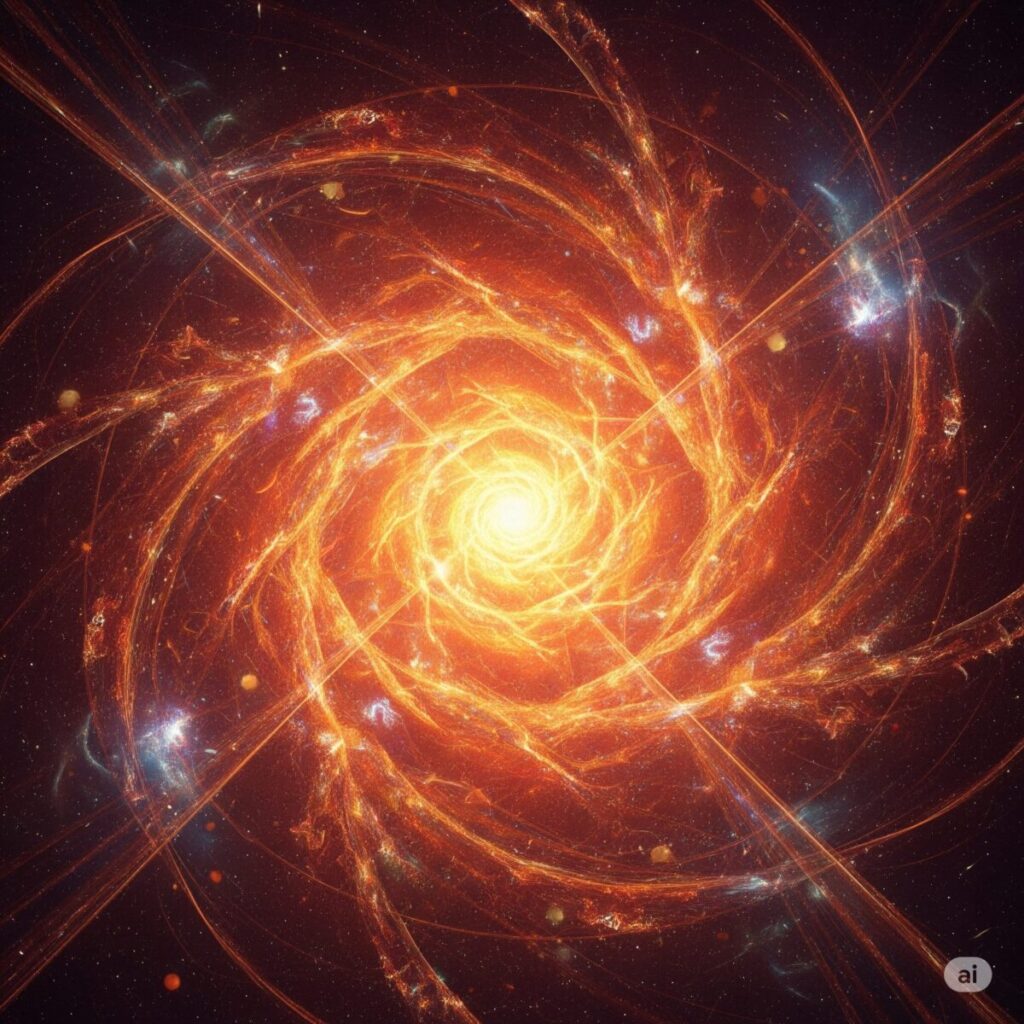
A Deep Dive into the Human Condition: Unpacking Dune‘s Themes
The DUNE Series delves into the very core of human psychology and societal structures with a finesse that is truly remarkable. It’s a rich tapestry of themes, from the perils of charismatic leadership to the fluidity of human identity.
- The Burden of Prophecy: Paul Atreides, the protagonist, is burdened by prescience, seeing the terrible jihad that will be unleashed in his name. This isn’t a superpower for simple wish-fulfilment; it’s a curse. It forces us to question free will, destiny, and the responsibility that comes with knowledge. It’s a sobering thought, isn’t it? To know the future, yet be powerless to stop its most devastating currents.
- Power and Control: The struggle for control over melange is a microcosm of real-world geopolitical conflicts. Herbert meticulously exposes the machinations of power, revealing how political, economic, and religious forces intertwine to manipulate populations and maintain dominance. It’s a harsh mirror held up to our own societies, where wars, regrettably, still plague us due to the inability to completely reject conflict.
- Humanity and Evolution: The Bene Gesserit, the Tleilaxu, and even the sandworms, represent different paths of evolution and humanity’s endless striving for perfection, or perhaps, for control over its own destiny. They pose fundamental questions: What does it mean to be human? Can we transcend our biological and psychological limitations?
The characters in Dune are not merely archetypes; they are complex beings grappling with immense pressures, their internal struggles as compelling as the external conflicts.

Science Fiction’s Enduring Themes: DUNE in Context
The DUNE Series stands tall amongst science fiction’s pantheon, offering a unique blend of ecological, philosophical, and political themes that resonate deeply with other classic works.
- First Contact and Humanity’s Response: While Dune doesn’t feature traditional “first contact” with aliens in the way, say, Arthur C. Clarke’s Rendezvous with Rama might, it explores humanity’s interaction with an utterly alien environment – Arrakis and its giant sandworms. This interaction forces humanity to adapt, to shed old ways, and to confront the limits of its own understanding. It’s less about meeting an external alien, and more about the alien within, that which challenges our preconceived notions of existence.
- AI and Humanity: Although the Dune universe explicitly features a ban on “thinking machines” due to the Butlerian Jihad, the philosophical questions surrounding artificial intelligence and its impact on humanity are ever-present. The Mentats, human computers, and the Bene Gesserit, with their advanced mental discipline, explore the very essence of human potential when technological shortcuts are removed. This offers a fascinating counterpoint to works where AI dominates, prompting us to consider what human consciousness truly means without reliance on machines.
- Technology and Spirituality: Dune masterfully intertwines advanced technology with deep spiritual and mystical elements. The navigators’ reliance on spice for interstellar travel, the Bene Gesserit’s abilities, and the Fremen’s deep connection to Arrakis highlight a symbiotic relationship between technology and inner awareness, challenging the often-binary view of science versus faith.
DUNE’s Philosophy in Your Daily Life
You might wonder, how does a sprawling epic about a desert planet and giant worms apply to our quaint lives here in modern Japan, amidst the changing seasons of Chiba? Surprisingly, the philosophies embedded within Dune are profoundly practical for cultivating mindfulness and a richer existence.
- Embrace Impermanence (Like Sand): Arrakis is a planet of constant change, driven by the winds and the spice cycle. This mirrors the Buddhist concept of anicca, or impermanence. By accepting that everything is in flux, like the shifting dunes, we can reduce suffering and cultivate a more mindful presence in each fleeting moment.
- Water Discipline (Conscious Consumption): The Fremen’s meticulous water discipline is a powerful metaphor for conscious consumption and mindful living. In a world of abundance, we often consume mindlessly. Dune reminds us to appreciate resources, to be intentional with our choices, and to recognise the inherent value in what we have, much like the changing seasons here in Japan remind us of nature’s delicate balance.
- The Inner Desert (Finding Stillness): Despite the harshness of Arrakis, the Fremen find deep spiritual connection within its vastness. Similarly, amidst the incessant noise of modern life, we can find our own “inner desert” – a place of stillness and quiet reflection. Practices like meditation or simply taking a moment to observe the subtle shifts in nature, perhaps a tree swaying gently in the breeze, can bring immense calm and promote inner peace, fostering deeper introspection.
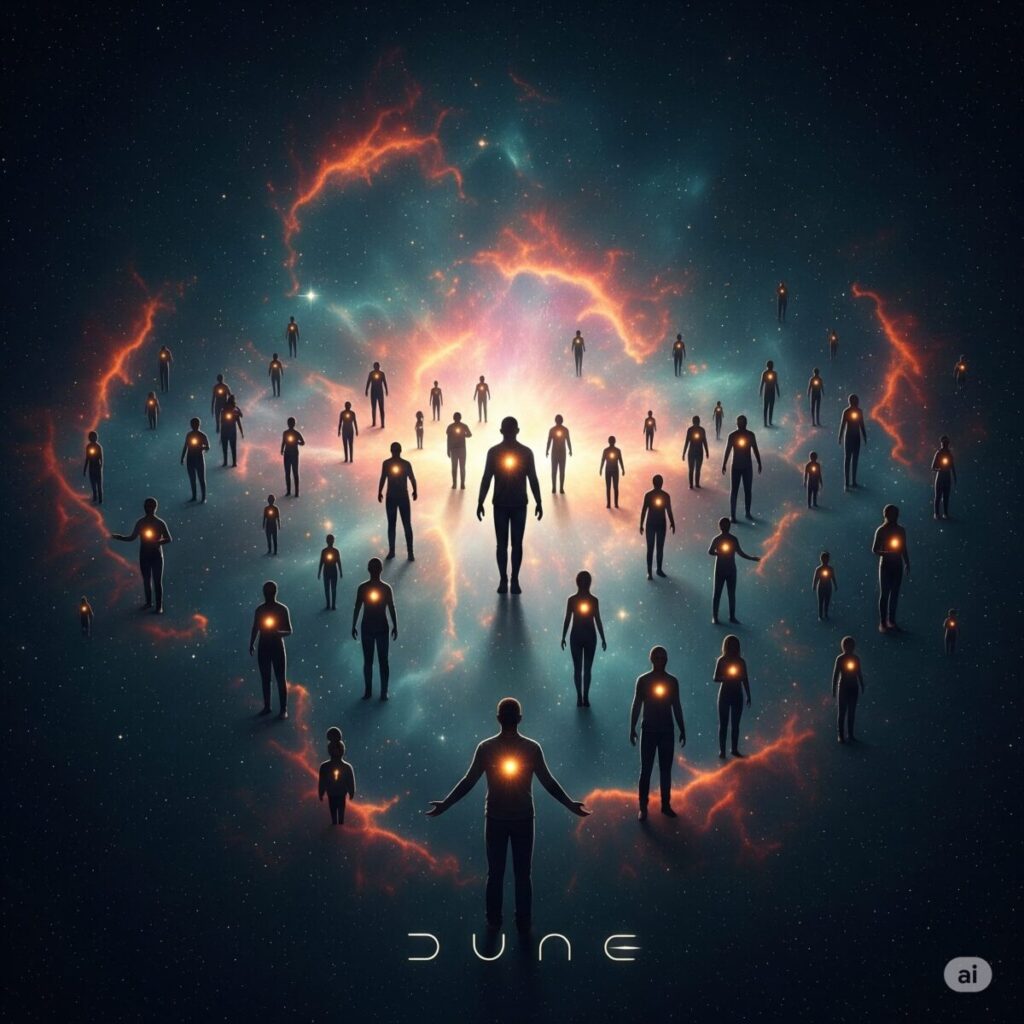
The Spice of Life and Sand
Organisations and the Spice of Innovation
While DUNE Series itself isn’t directly produced by a single “company” in the traditional sense, its impact has spawned various adaptations and related ventures.
- Legendary Entertainment: This company is behind the recent blockbuster film adaptations of Dune, bringing Frank Herbert’s vision to a new generation on the big screen. Their commitment to bringing such a complex narrative to life demonstrates the enduring appeal of the series.
- Ace Books/Gollancz (Publishers): These publishers have been instrumental in keeping Frank Herbert’s DUNE Series in print and accessible to readers for decades. Without their dedication, the saga might not have achieved its enduring legacy.
- Modiphius Entertainment: They’ve developed Dune: Adventures in the Imperium, a tabletop role-playing game, allowing fans to immerse themselves directly in the Dune universe and create their own stories.
These entities, in their own ways, contribute to the continuous propagation and evolution of the Dune legacy.
- Dune <https://amzn.to/4lNyRxS>
- Dune 2 <https://amzn.to/4mhJtVH>
- Kindle Books <https://amzn.to/4o7e4qH>
The Winds of Change: Latest on DUNE
The world of DUNE continues to expand and captivate! The recent cinematic adaptations, particularly Denis Villeneuve’s Dune: Part Two, have breathed new life into the saga, drawing in both long-time fans and new admirers. These films have reignited discussions about the themes of destiny, environmentalism, and political maneuvering, bringing them to a wider audience.
Beyond the silver screen, there’s a resurgence of interest in Herbert’s original novels. Many are discovering, or rediscovering, the profound depth and complexity that only the written word can fully convey. This renewed enthusiasm underscores the timeless appeal of Dune‘s intricate narrative and its relevant philosophical underpinnings. The technology might be fantastical, but the human struggles are as real as ever.
A Personal Reflection on the Sands of Time
So there you have it, a small glimpse into the magnificent universe of Frank Herbert’s DUNE Series. As a humble museum curator, I often find myself drawn to narratives that explore the vast expanse of human experience, and Dune certainly does that with unparalleled grandeur.
It’s more than just a story; it’s a philosophical treatise wrapped in an epic adventure. It encourages us to think critically about leadership, ecology, and the very nature of belief. It reminds us that even in the harshest environments, life finds a way, and that profound wisdom can be found in the most unexpected places.
And speaking purely from my own, very personal corner of the world, I daresay it has certainly spiced up my own perception of life, reminding me that even mundane routines can hold profound meaning if we only choose to see it. Perhaps, much like the spice, the deeper truths of existence are found by looking beyond the surface.
If this journey through Dune stirred something within you, perhaps now is the perfect time to revisit Arrakis—or to discover its secrets for the very first time.
Related Articles
-
SF Novel Masterpiece Collection: No Murderbot, No Life. Network Effect by Martha Wells

Network Effect Novel: No Murderbot, No Life. Delve into Martha Wells’ award-winning sci-fi masterpiece, exploring AI, corporate intrigue, and the unforgettable SecUnit.
-
No LIFE, No CAT. mindfulness: Finding Peace in the Paradox: Mindfulness Woven by AI’s “Efficiency” and Human “Imperfection” 5th

AI & Human Mindfulness: Explore how AI’s efficiency and human imperfection can guide you towards a mindful, richer life. Learn practical tips for digital wellbeing and slow living.
-
Masterpiece Collection: Illuminating Life’s Depths – Jenseits von Gut und Böse by Friedrich Nietzsche

No Books, No Life: Dive into illuminating masterpieces like Nietzsche’s “Jenseits von Gut und Böse” to spark self-discovery and intellectual curiosity.



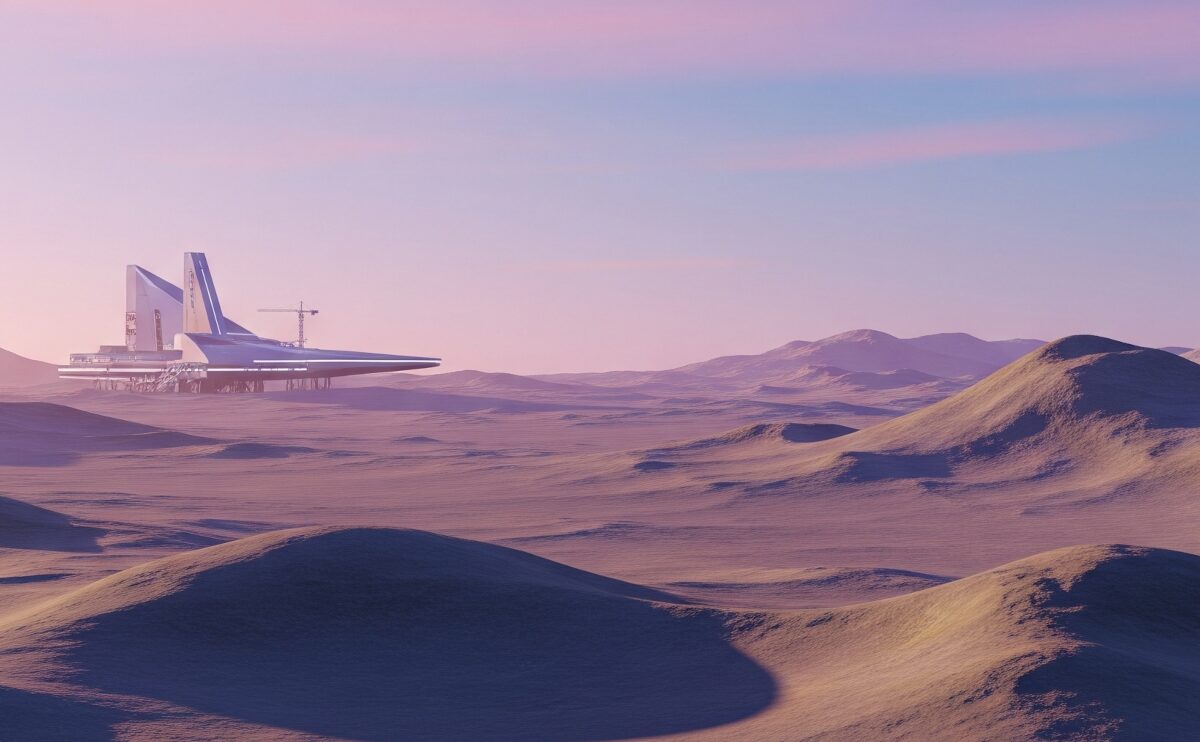
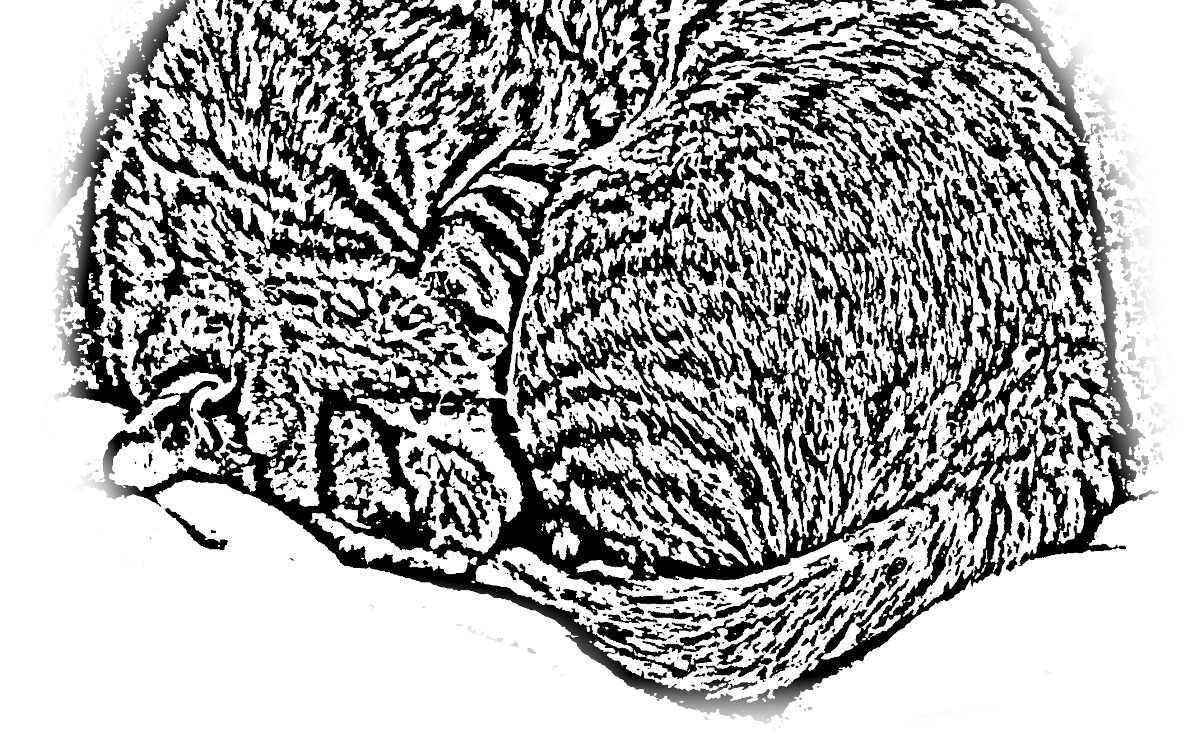

Leave a Reply